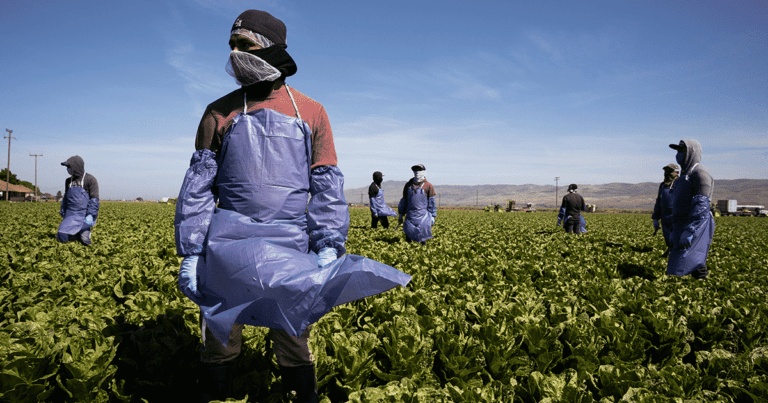
Tala Doumani is a student at Harvard Law School.
On Dec. 30, the Biden administration urged the Supreme Court to uphold its vaccine mandate for large employers to combat the continuing surge of COVID-19. In a brief responding to challengers seeking to block the rule, Solicitor General Elizabeth B. Prelogar wrote that the Occupational Safety and Health Act of 1970 “unambiguously” grants the Occupational Safety and Health Administration (OSHA) the authority to issue emergency temporary standards (ETS) when the agency determines that employees are in grave danger from exposure to physically harmful “agents” or “new hazards” such as COVID-19. Authority to promulgate such standards is without any exception for standards that might have large economic or political significance the brief asserts. Moreover, the brief argues, Congress specifically directed OSHA to use its existing regulatory authority to address workplace exposure to COVID-19.
Business coalitions and Republican-led states have challenged the rule as a vast overreach of executive powers and have asked the Supreme Court to keep it from going into effect. Challengers assert that OSHA lacks the regulatory power to promulgate such a sweeping mandate without a “clear statement” from Congress authorizing an ETS addressing widespread workplace exposure. Challengers also contend the mandate will result in irreparable harm from compliance costs and potential worker shortages.
Issued Nov. 5, the OSHA regulation requires businesses with 100 or more employees to adopt policies necessitating workers be vaccinated against COVID-19 or wear masks and regularly test. Employers who fail to comply may be subject to fines. The mandate is expected to affect over 84 million workers. OSHA estimates that the regulation will save over 6,500 worker lives and prevent over 250,000 hospitalizations during the first six months of its enactment.
While the mandate was set to take effect Jan. 4, OSHA stated it would not take any enforcement actions before Jan. 10 so companies would have more time to implement the requirements. Additionally, OSHA announced that it would not issue citations for failure to comply with the mandate until Feb. 9 provided that the employers were acting in good faith.
Previously, a three-judge panel of the 6th U.S. Circuit Court of Appeals upheld the OSHA standard in a 2-1 ruling, stating that the rule was “an important step in curtailing the transmission of a deadly virus that has killed over 800,000 people in the United States, brought our health care system to its knees, and cost hundreds of thousands of workers their jobs.”
The Supreme Court is scheduled to hear oral arguments for the case, National Federation of Independent Business v. OSHA, on Jan. 7.






Daily News & Commentary
Start your day with our roundup of the latest labor developments. See all
July 26
Prop 22 survives; video game workers take action; NLRB challenged.
July 25
Disney union reaches tentative agreement, FAA agrees to improve worker conditions, and Olympic dancers drop strike notice.
July 24
Unions demand end to military aid for Israel; UAW and Teamsters hold out on Harris endorsement; Judge declines to block FTC ban on non-competes
July 23
NLRB drops appeal of a district court case striking down its joint employer rule; red states challenge EEOC’s pregnancy rule; and the WNBA players’ union taps advisors.
July 22
Unions respond to Biden's exit, many back Harris.
July 19
The Bronx Defenders Union announces a tentative collective bargaining agreement; Amazon workers continue a strike in Skokie; Bangladesh students continue protests over government job quotas.